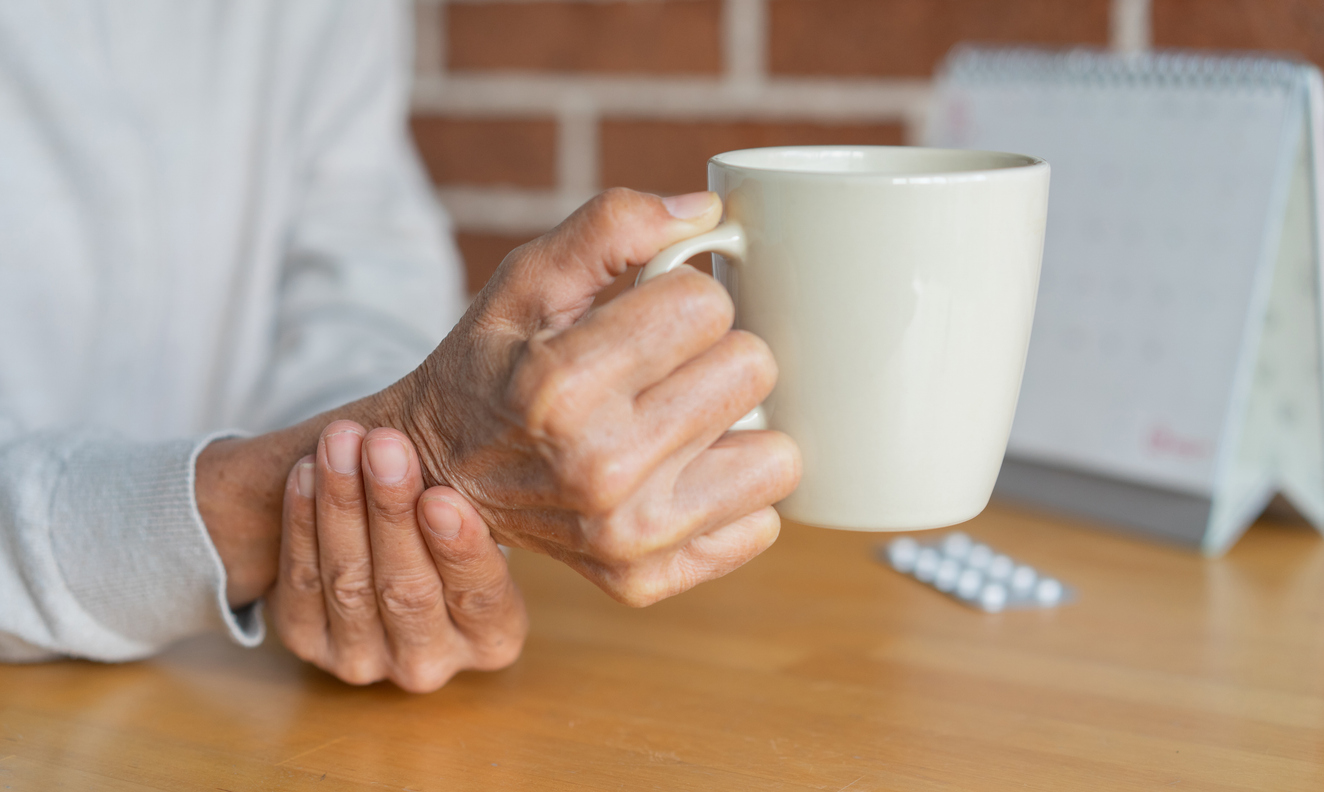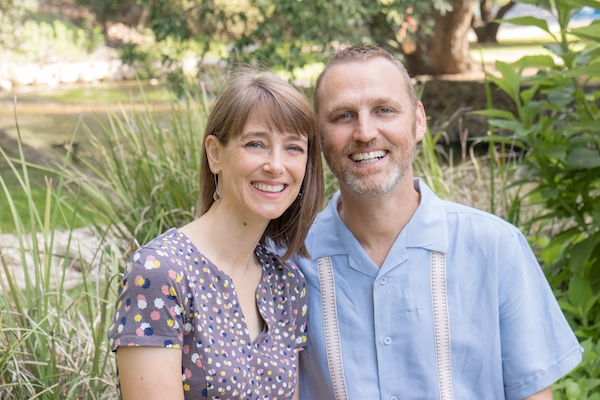

When a loved one is diagnosed with Parkinson’s, families often find themselves in uncharted territory. Suddenly, routines that once felt automatic, like remembering medication times, moving safely through the house, or sitting down for a meal, can feel a lot more complicated. It’s no wonder so many families start asking the same question: Where do we even begin?
That’s where Parkinson’s Pathways comes in. It’s a program built to help families breathe a little easier. With trained caregivers, personalized strategies, and a focus on what really matters day to day, this approach to Parkinson’s disease in-home care makes life safer, calmer, and more manageable.
Parkinson’s Pathways takes the overwhelming “big picture” of Parkinson’s care and breaks it down into clear, practical steps that families can use at home. Instead of a one-size-fits-all plan, it offers personalized support rooted in four essential areas: medication, movement, nutrition, and emotional health. It’s the type of Parkinson’s specialty care that families can count on.
Anyone who’s cared for a loved one with Parkinson’s knows how much rides on medication timing. A late dose can mean shaky hands, stiffness, or increased fatigue. That’s why our caregivers are trained to keep medications on schedule, watch for side effects, and stay in close touch with doctors. This kind of structured support is a cornerstone of effective Parkinson’s home care.
Movement is medicine for Parkinson’s. Even something as simple as a daily walk or gentle stretching can help reduce stiffness and keep muscles strong. Our caregivers encourage safe, doctor-approved exercises and use cueing techniques that make movement less intimidating.
The goal isn’t creating a workout routine. It’s keeping mobility a natural part of daily life as part of quality in-home care for Parkinson’s patients.
Food does more than fill the plate. The right balance of nutrients (and sometimes the right timing of meals) can make a noticeable difference in how someone feels day to day. Caregivers help with meal planning, grocery prep, and hydration reminders, making it easier for families to stay on track without juggling all the details themselves.
Parkinson’s can affect mood, memory, and relationships. Our caregivers are trained to recognize when someone feels isolated, frustrated, or down, and bring meaningful activities and companionship that lift spirits. Just as important, they’re there to listen, offering a steady presence for families who often need reassurance along the way.
So what does this program actually look like once it’s in place? Families often expect something complicated or clinical, but Parkinson’s Pathways is designed to feel natural, like it belongs in the rhythm of your everyday life.
It starts with a conversation and an in-home assessment. Together, we look at your loved one’s needs and the home environment:
This assessment helps create a care plan for Parkinson’s that’s safe, practical, and personalized.
The real heart of the program is the caregivers. Every caregiver in Parkinson’s Pathways goes through specialized 4-hour training modules that focus on the challenges and realities of Parkinson’s. This Parkinson’s caregiver training includes:
With the plan in place, caregivers weave the four pillars into daily routines. That might look like:
Parkinson’s doesn’t follow a straight line, and neither does this program. Over time, care plans are revisited and updated. Sometimes that means more hands-on help. Other times, it’s just fine-tuning what’s already working. The support adapts right alongside the person living with Parkinson’s, whether it’s in-home care or more advanced needs such as hospice care for Parkinson’s.
Caring for someone with Parkinson’s is a journey, and it’s always easier with the right tools and support. Along with the Parkinson’s Pathways program, ComForCare offers other specialized services that may be helpful for families:
Families may also find encouragement and education through national organizations like the Parkinson’s Foundation, which offers local chapters, support groups, and helpful resources. Together, these programs give families more than just care; they provide confidence, connection, and peace of mind.
At ComForCare New Braunfels, we know that families want more than just a care service; they want a partner who understands their journey. Our team is made up of highly trained and deeply compassionate caregivers. Every plan we create is tailored to the individual because no two families experience Parkinson’s in quite the same way.
Whether you live in Schertz, Universal City, or Seguin, our goal is the same: to help your loved one stay safe and connected in the place they call home. With programs like Parkinson’s Pathways and a full range of in-home care services, we’re here to walk beside you through each stage.
If someone you love is living with Parkinson’s, you don’t have to face the challenges alone. ComForCare New Braunfels is here to provide the guidance, care, and peace of mind your family deserves.
Call us today to schedule a free in-home consultation. Together, we’ll create a care plan that helps your loved one live more comfortably and your family feel supported.

Each office is independently owned and operated and is an equal opportunity employer.

© 2026 ComForCare Franchise Systems, LLC.